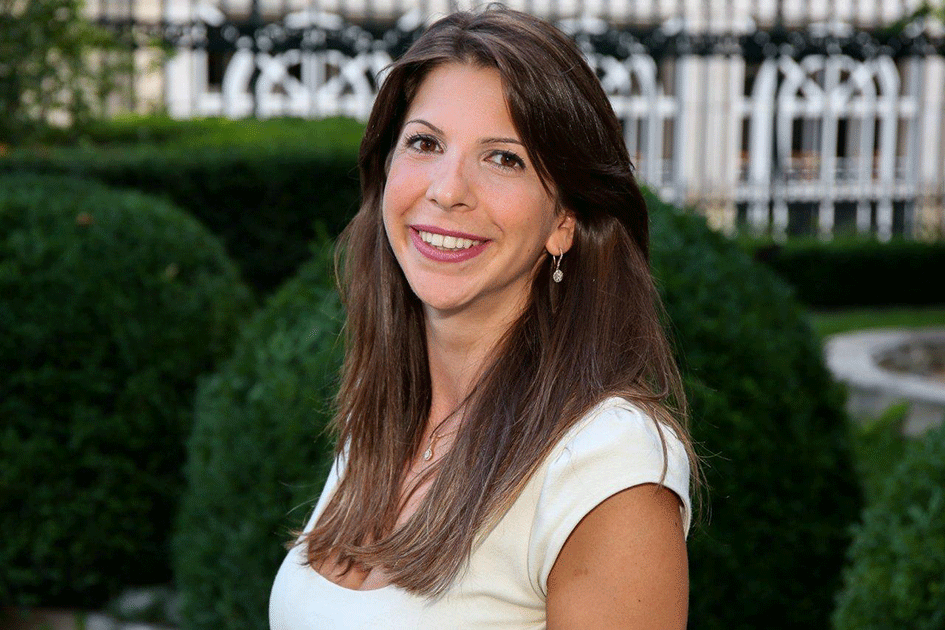
Bullies intimidate those who are weaker – Gulf News featuring Diana Nahas
Bullies intimidate those who are weaker – Gulf News readers share experiences of their children being bullied at school. According to a study conducted by a private clinic in Dubai, around 40 per cent of students in Dubai private schools have been bullied. By Rabab Khan, Community Interactivity Editor, November 17, 2014
The third week of November marks the global Anti-Bullying Week, an annual event to raise awareness about the bullying of children and young people. The event was initiated by the UK-based non-profit group called the Anti-Bullying Alliance, but is now marked in other parts of the world, too. Gulf News takes a look at bullying in schools and highlights ways of preventing and responding to it.
According to a Gulf News report published in August, a study was conducted by a private clinic in Dubai and the results showed that around 40 per cent of the students in Dubai private schools have been bullied at some point. There are currently no formal statistics for severe cases of bullying around the UAE, but the study showed that around 70 per cent of the cases go unreported.
Bullying someone who’s smaller or younger seems to be a common thing. Ramil Soriano’s 13-year-old son was bullied by his classmates for that reason.
Soriano told Gulf News: “My son had been facing issues with a bully in his class, but he never said anything. However, a few days ago, he returned home with huge scratches on his right leg and this is when the issue got escalated. Apparently he was going about his day when the bully pushed him down.”
Soriano had no choice but to get involved. His wife spoke to the school’s principal and was given assurance that the school would take action.
Soriano said: “When we complained, about 10 of my son’s classmates voiced their experiences of how they were being bullied by the same pupil. The school contacted his parents and it was relayed to them that he was creating trouble in his class. They were asked to take the necessary actions to sort things out. Parents should be aware of their child’s actions and should also take responsibility for how he or she behaves. The school’s principal promised that such an incident would not occur again, and I’m holding onto her words.”
Children who are just starting school or going to a new one are likely to experience fear and anxiety because they are entering a new environment. They would be in a vulnerable state and thus become an easy target.
A. O., a Sharjah resident who requested for her full name to be withheld, has a nine-year-old daughter who faces constant bullying at the hands of the boys in her class.
The homemaker told Gulf News: “A few months ago, we moved from Dubai to Sharjah and my children had to change schools. At the new school, my daughter is constantly being bullied by her male classmates. They keep ragging her, call her bad names, don’t give her any space in the play area and when she’s walking through the corridors of the school, they sometimes stand there and hit her. While returning home, she’s teased on the bus and on one instance a boy tore a project that she had made for a class. In just a few months, she has been made to feel so uncomfortable that she doesn’t want to go back to school because she’s afraid.”
Her ordeal didn’t end when she complained to the class supervisor because when questioned, the boys denied all the accusations and refused to take ownership of their actions.
A.O. said: “A month ago, my husband complained to the school’s management, but he was told that they’re boys, and boys can be naughty. That is not a justification for their bad behaviour! Since then, I have stopped telling my husband when my daughter complains, because he thinks if given some time things would get better. As parents, we are helpless. On some days, I’m sure that my daughter has had a problem at school, but she doesn’t tell me. When you don’t take action, your child thinks you’ve abandoned him or her. They start hesitating to speak to you. All I do is console her.”
According to a study published by the American Psychological Association, violent content in media causes children to become less sensitive to the pain and suffering of others and they are more likely to behave aggressively. Many parents blame the emergence of negative influences, such as violent content in movies, video games and music, for the actions of bullies.
To tackle this sensitive subject, the Knowledge and Human Development Authority (KHDA) in the UAE launched a parent-school contract in June, 2013, which imposes a zero-tolerance policy towards bullying. According to the contract, which is mandatory for every pupil upon registration, bullies will be expelled from the school if there is evidence that they have bullied a fellow pupil.
Cyber bullying is another cause for concern. There are no official statistics available for online abuse, but this region has one of the world’s highest internet and mobile penetration levels, which raises the risk of cyber bullying.
J. Cooke, a Dubai resident, shared her daughter’s experience.
She said: “My daughter, Beth, who was 16 at the time, had a falling out with some of her classmates at school. She was the only Westerner in her class, so the episode that followed could have been racism or just a personal agenda. Her BBM pin was circulated around her class, school and then to people outside, too. Students started sending her nasty messages, which she showed to me after a while. As a parent, I had to protect my child and got involved, but then some of the messages would be addressed to me, including death threats. We wanted to inform the authorities, but unfortunately the messages got erased and we had no proof.”
Cooke managed to find out who had initially circulated her daughter’s details after she tracked the student on social media. She shared this information with the school, but the matter had gone on for too long and her daughter had to leave the school.
She said: “She moved to a different school just to get away from the nastiness. Since then, she has built a lot of walls around herself and doesn’t trust anyone easily. She has become wary of friendships, and it’s so unpleasant to see her going through this.”
The cases of bullying were discussed with Diana Nahas, a counsellor psychologist at the Dubai-based German Neuroscience Centre.
She explained what could have been done in each instance so as to end the episode of bullying.
Case #1:
Regarding Ramil Soriano’s son, Nahas said: “The child should report to school administration and explain what happened to him. The school has to act to protect the child and convoke the bullies, furthermore set up a meeting with the bullied child, the bullies and their respective parents. It is important that the bullied child sees a set of actions following the suffering he endured and that his case is taken very seriously by all parties.”
Case #2:
About the case of A. O.’s daughter, Nahas said: “If the school management did not take any action, the parents should involve the parents of the bullies directly. If the bullying continues, consider changing schools as the school management failed to protect the child.”
Case #3:
Regarding the case of J. Cooke’s daughter being cyber bullied, Nahas said: “The child was right to talk about what happened with her mother in order to take action, but also to share her suffering and to release her tensions due to her fears. In this special case it is very alarming that she received death threats, therefore the school has to be actively involved to contact the parents of the students who sent her death threats and enforce strict consequences on them to not let their actions remain unpunished. The decision to change schools was probably the right one due to the bullying persistence. Bullied children feel ashamed, but they shouldn’t! They forget that they were victims and that the bullies should be ashamed, not them. Seek support from adults or a psychologist to help the child express and overcome her fear. Parents should never underestimate the impact of bullying on children and be always available to listen to them.”
The authorities have set up a service for people to call and be able to report cyber bullying.
In Abu Dhabi: 02 5127777
In Dubai: 04 609 6944
In Sharjah: 06 800 151


